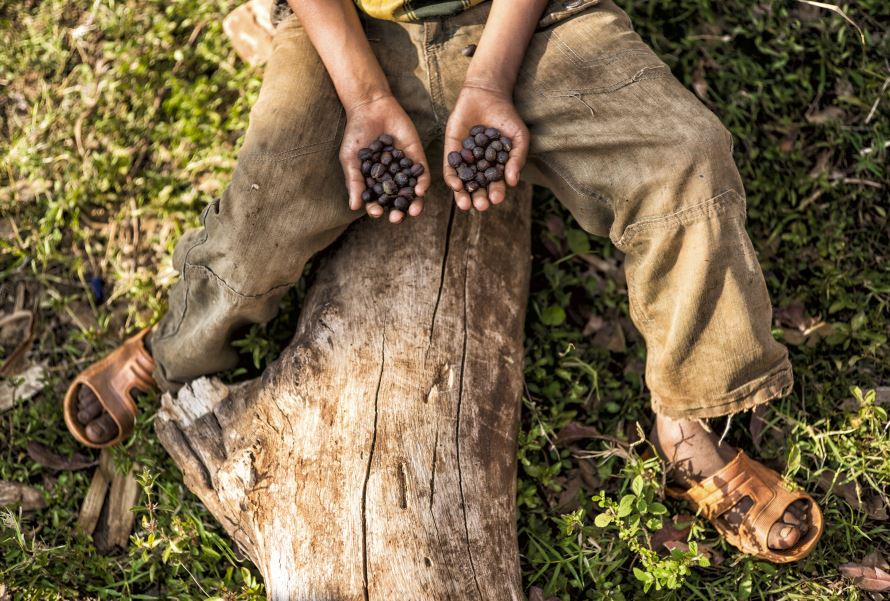News & Updates
Coffee species under threat from extinction could affect Ethiopia
18 January 2019

A new study has found that wild coffee species are now under threat from climate change.
Scientists at the Royal Botanic Gardens have found that 60 per cent of wild coffee species are at risk of extinction. This includes Arabica, the world’s most widely traded coffee.
Ethiopia is the natural birthplace of wild Arabica coffee with an annual export value of $1 billion. It is an important source of seed stock for coffee farming but it could be in serious jeopardy if conservation action is not taken to protect the plant form a changing climate and deforestation.
The report states how despite the success of Arabica and Robusta coffee in the industry, they now face new threats of climate change, including the increasing incidence and duration of drought.
Dr Aaron Davis, Head of Coffee Research at Kew and lead author of the Science Advances paper, said:
“Among the coffee species threatened with extinction are those that have potential to be used to breed and develop the coffees of the future, including those resistant to disease and capable of withstanding worsening climatic conditions. The use and development of wild coffee resources could be key to the long-term sustainability of the coffee sector. Targeted action is urgently required in specific tropical countries, particularly in Africa, to protect the future of coffee.”
Arabica coffee is paramount to Ethiopia and provides an annual income that, if threatened, could affect Ethiopia’s economy.
Dr Justin Moat, Head of Spatial Analysis at Kew and one of the authors of the paper, said:
“Our initial evaluation of Arabica coffee suggested that it was not threatened with extinction in the wild. However, after factoring in climate change, it moved upwards by two categories to become an endangered species. These findings are so important as they indicate that the extinction risk to many other coffee species could be much worse if we consider climate change.”
Read the full report here.
Join us for the AIDF Africa Summit in Nairobi, Kenya on 26-27 February 2019.
If you’d like to stay informed on the latest updates in aid and development, please sign up for the AIDF newsletter.